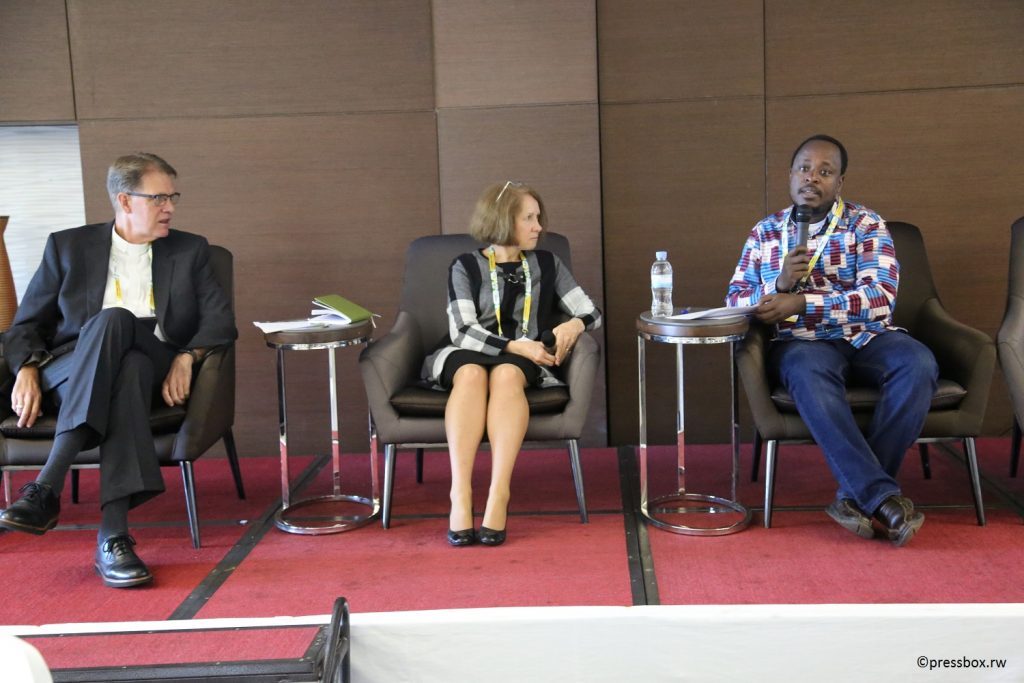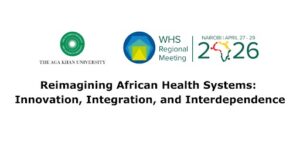Sustaining a good collaboration between governments and International Organization for Migration (IOM) could be a very crucial position in addressing HIV risks among migrants, according to Dr. Francis Bwambale Mulekya, Migration Health Coordinator.
Bwambale indicated this during the side event of International Conference on AIDS and Sexually Transmitted Infections in Africa, ICASA 2019, on HIV among migrants and refugees, whereby strengthening collaboration among governments, multi-lateral organizations and Faith-Based Organizations, was a point to discuss in finding ways to address HIV risks, provisions of services, and advocacy in Africa.
“We are aware that most of the member states in Africa have made commitment at global level by signing global instruments like compact on migration, global action plan on migrants…, so those are guiding frameworks that IOM is taking forward to ensure that some of the recommendations of this important instrument are integrated within the policy and development process” Bwambale said
“From the perspective of IOM what we do is to identify migrants in the community where they are and then involve them, integrating them in medical care systems, and some of the modes we use are mobile clinics, we work close to government and public facilities to make sure that we deliver outreach services, integrated HIV AIDS services to migrants communities. We also have to take into consideration host communities for integration.” He added
The session was organized by Rwanda NGO Forum on AIDS and Health Promotion (RNGOF) with the objective of offering a platform for strategic discussions on the roadmap and ways to track the HIV agenda in Africa in the context of migration and human mobility and in line with global goals and the compacts
The findings state that in eastern and southern Africa close to seven million people are estimated to be displaced and nearly two million people living with HIV directly affected by humanitarian crises.
ICASA 2019, which is the largest conference on AIDS, brings together thousands of people from across the African continent and elsewhere to highlight the threat raised by the HIV epidemic and the unique response to it.





